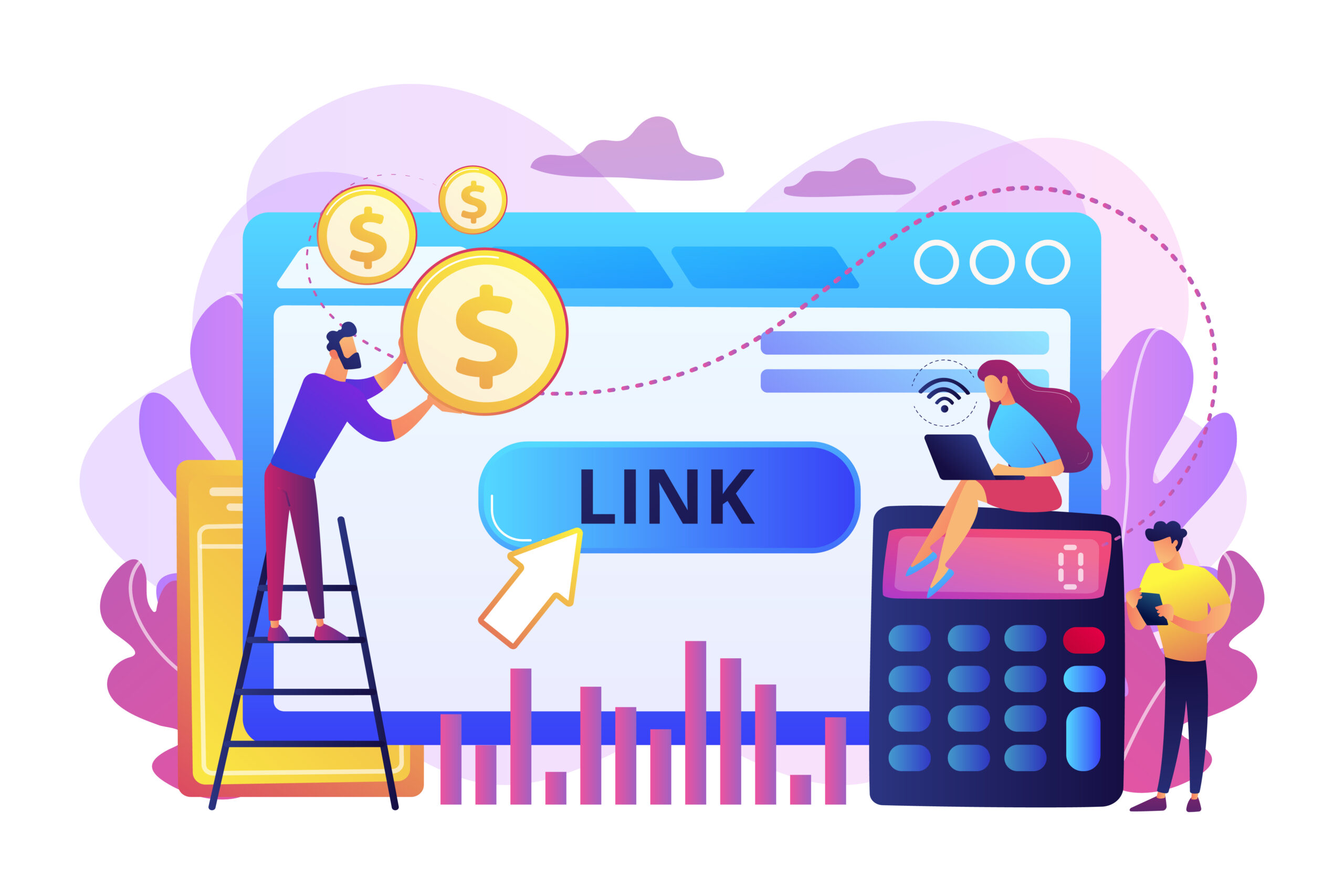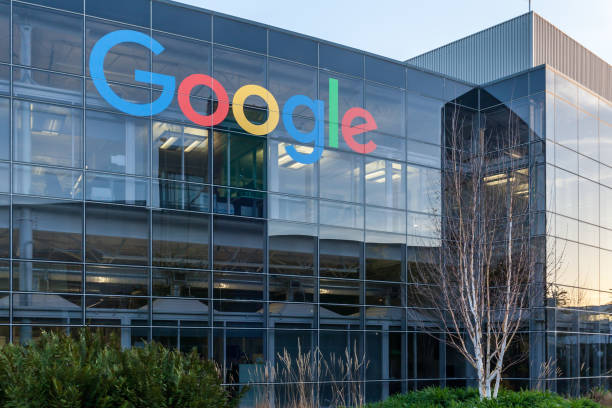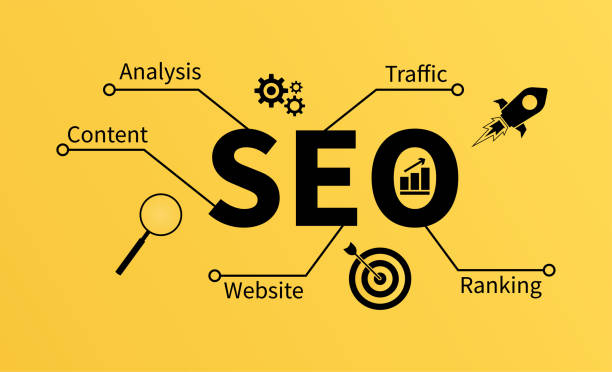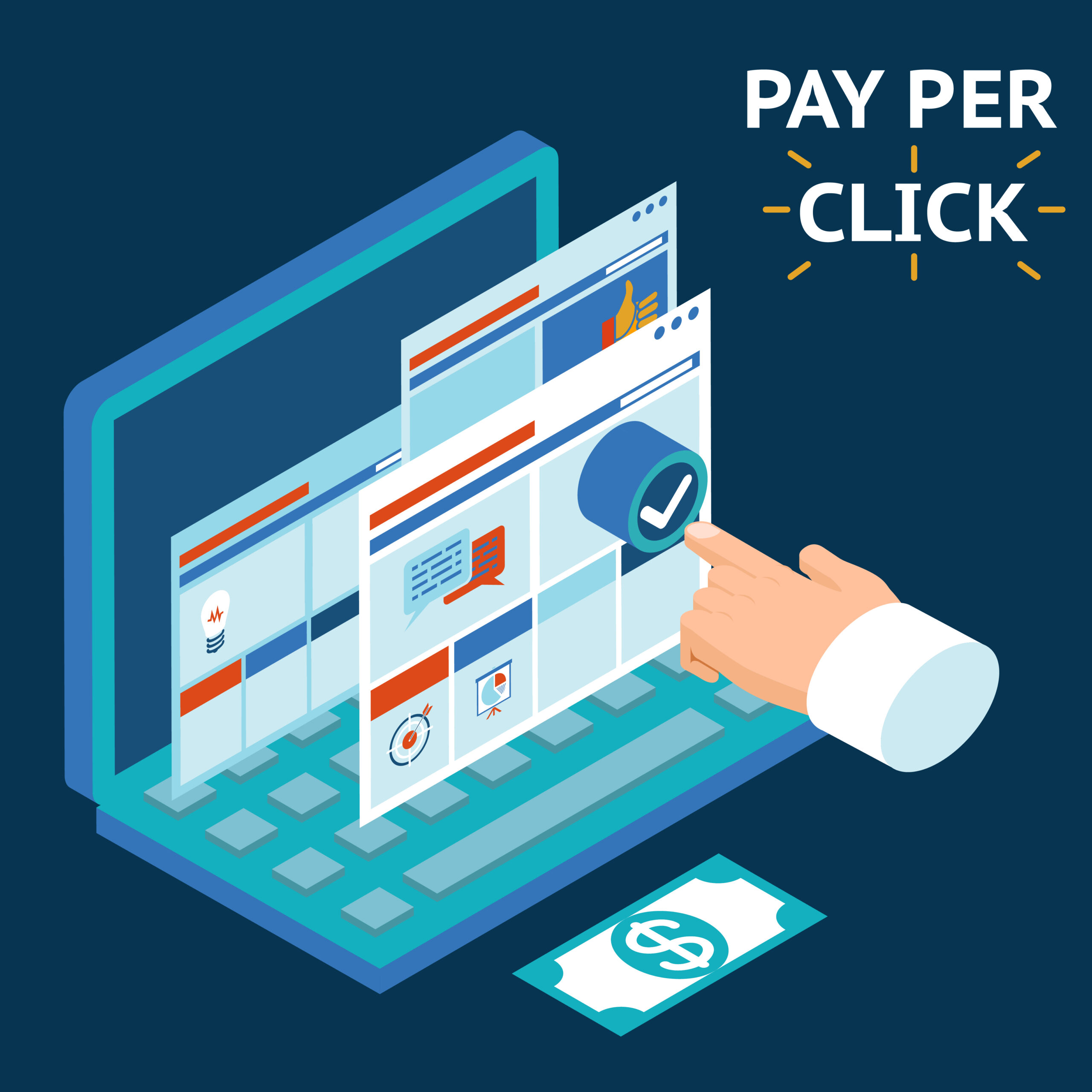Businesses often debate between PPC vs SEO when choosing the best strategy for direct traffic. Both methods have their unique benefits and drawbacks. This article will walk you through the critical differences, pros and cons, and help you understand which strategy aligns with your business goals.
Understanding PPC and SEO
What is PPC?
Pay-Per-Click (PPC) advertising allows businesses to place ads on search engines or social media platforms. Each time a user clicks on the ad, the advertiser pays a fee.
- How it works: PPC ads often appear at the top of search engine results pages. They are clearly marked as ads and attract users looking for quick results.
- Popular platforms: Google Ads, Facebook Ads, and Bing Ads are commonly used for PPC campaigns.
What is SEO?
Search Engine Optimization (SEO) involves improving a website’s visibility on search engines organically. Unlike PPC, clicks on SEO results do not incur a cost.
- How it works: SEO focuses on optimizing content, keywords, and technical aspects of a website to rank higher in search results.
- Key elements: On-page optimization, backlink building, and high-quality content creation are the pillars of SEO.
How PPC and SEO Impact Direct Traffic: PPC vs SEO
PPC’s Role in Driving Traffic
PPC campaigns generate immediate traffic by targeting specific keywords or audiences. The ads are designed to grab attention, which makes them ideal for short-term goals like promotions or seasonal sales.
- Advantages: Immediate visibility and measurable results.
- Disadvantages: Requires consistent spending; traffic stops when the ads are turned off.
SEO’s Role in Direct Traffic
SEO takes time to show results but offers long-lasting benefits. A well-optimized website can attract steady, organic traffic without ongoing payments for clicks.
- Advantages: Cost-effective over the long term and builds trust with users.
- Disadvantages: Requires time and effort to see significant results.

PPC vs SEO: Comparing Costs
PPC Costs Explained
With PPC, businesses pay for every click, making the costs predictable but potentially high. Costs vary based on:
- Keyword competition: Popular keywords are more expensive.
- Bid strategy: Higher bids often lead to better ad placement.
SEO Costs Explained
SEO does not have direct costs per click, but it involves investments in:
- Content creation: Writing high-quality articles or blog posts.
- Technical improvements: Ensuring a fast and mobile-friendly website.
While upfront costs for SEO might seem steep, the long-term benefits often outweigh these expenses.
Comparing Traffic Quality: PPC vs SEO
Traffic from PPC
Traffic from PPC campaigns is highly targeted. Ads can focus on specific demographics, locations, or interests, ensuring visitors are likely to convert.
- When to choose PPC: Great for businesses that need instant results or are launching new products.
Traffic from SEO
SEO traffic is organic, often resulting in higher engagement and longer website visits. Users tend to trust organic results more than paid ads.
- When to choose SEO: Ideal for businesses looking for consistent, long-term growth.
Which Strategy Delivers Faster Results?:
If speed is a priority, PPC is the winner. Ads can start generating traffic within hours of launching a campaign. However, SEO requires months of consistent effort before results become noticeable.
- Short-term needs: PPC excels.
- Long-term goals: SEO is more effective.
Comparing ROI Between PPC vs SEO
PPC ROI
Return on investment (ROI) in PPC depends on ad performance and bid strategy. Ads that convert well often justify the cost.
- Key factors: Conversion rates, ad relevance, and quality scores.
SEO ROI
SEO offers a higher ROI over time because organic traffic does not require ongoing ad spend.
- Key factors: Domain authority, content quality, and search engine rankings.
Ease of Implementation: PPC vs SEO
How Easy is PPC?
PPC platforms offer user-friendly tools for beginners. Campaigns can be set up quickly, but they require constant monitoring and adjustments to maximize performance.

How Easy is SEO?
SEO is more complex and requires technical knowledge, such as understanding algorithms and optimizing websites. While the initial setup can be challenging, the rewards are worth the effort.
The Role of Data in PPC vs SEO
PPC Relies on Immediate Data
PPC campaigns provide real-time analytics. Businesses can track metrics like impressions, clicks, and conversions to tweak their strategies.
SEO Relies on Long-Term Data
SEO analytics focus on trends over time. Metrics such as bounce rates, backlinks, and search rankings help refine strategies gradually.
Blending PPC and SEO for Maximum Impact
Both strategies complement each other when used together. For example:
- Use PPC to gain quick visibility for a new product.
- Use SEO to maintain consistent organic traffic over time.
When to Choose PPC vs SEO
Choose PPC If:
- You need immediate results.
- Your campaign is time-sensitive.
- You have a flexible advertising budget.
Choose SEO If:
- You are aiming for sustainable growth.
- You prefer organic traffic.
- You are willing to invest time in optimization.

Common Misconceptions About PPC vs SEO
“SEO is Free”
While clicks from SEO do not cost money, optimizing a website requires resources like skilled professionals and tools.
“PPC Guarantees Sales”
Clicks do not always convert into sales. Effective targeting and compelling ads are crucial.
Final Thoughts: PPC vs SEO for Your Business
Choosing between PPC and SEO depends on your business goals, budget, and timeline. PPC offers instant traffic, but SEO builds trust and consistency over time. For the best results, many businesses combine the two strategies to balance short-term gains with long-term success.









[…] are often seen as separate strategies, they can complement each other effectively. So, here’s how SEO can play a role in optimizing your landing […]
[…] Tactics: Perform an SEO audit on their website. What keywords are they ranking for? Are there any SEO gaps that you could […]